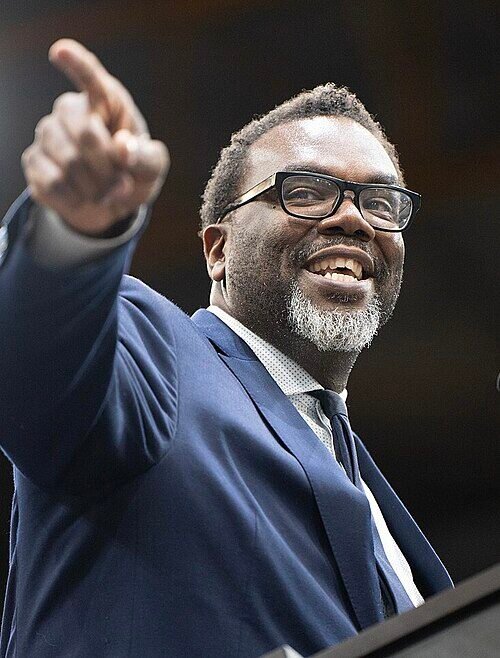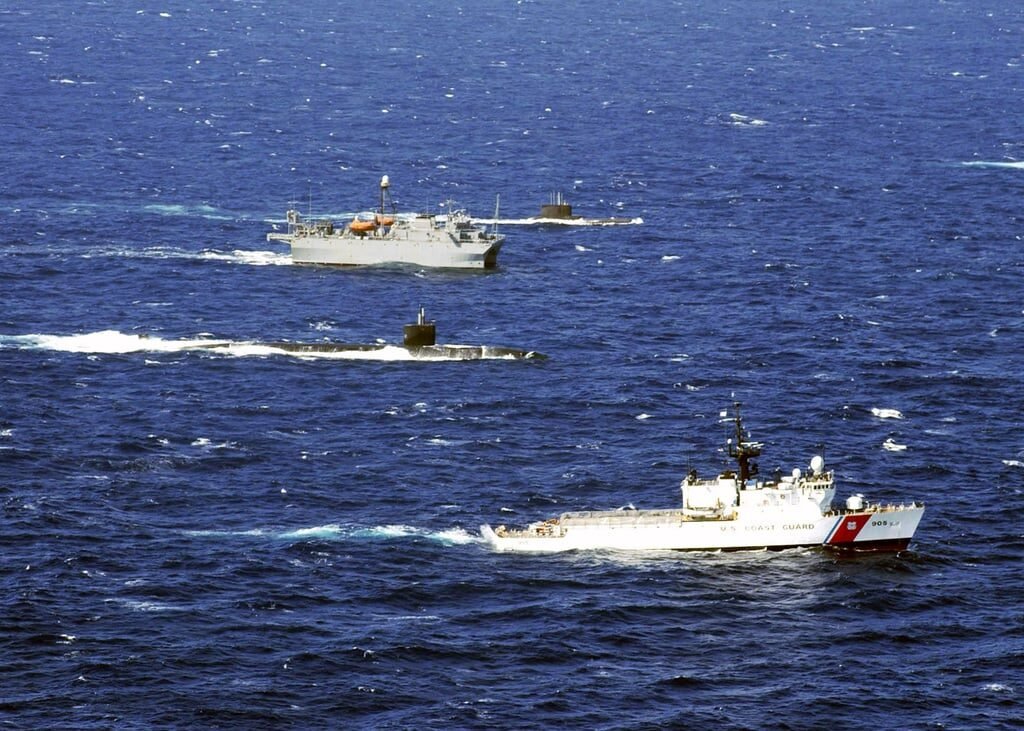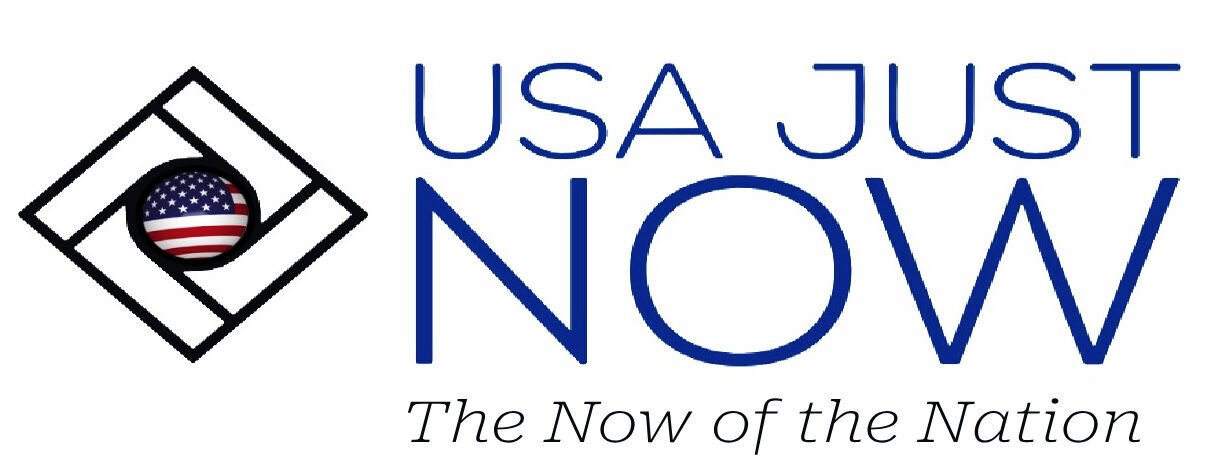Gage Skidmore from Surprise, AZ, United States of America, CC BY-SA 2.0, via Wikimedia Commons
WASHINGTON D.C. – Former U.S. President Donald Trump has issued a significant call to action for NATO allies, urging them to immediately cease all purchases of Russian oil and to impose substantial tariffs on China. This directive, delivered in a public statement, outlines conditions for the U.S. to implement what he described as “major” sanctions against Russia, asserting that such a unified approach is critical to ending the ongoing conflict in Ukraine.
Trump’s demand emerges amidst heightened tensions in Eastern Europe, particularly following recent incidents involving Russian drones entering Polish and Romanian airspace. NATO has responded by initiating “Operation Eastern Sentry,” an effort to strengthen its military presence along its eastern flank.
Trump’s Core Proposals and Rationale:
In his statement, Trump conveyed a strong conviction that NATO’s commitment to achieving victory in the conflict has been “far less than 100%,” specifically citing the continued acquisition of Russian oil by certain alliance members as “shocking.” He argued that this practice significantly undermines NATO’s leverage in negotiations with Russia.
His proposal encompasses two primary components:
Cessation of Russian Oil Imports: All NATO member states must agree to completely stop buying Russian oil.
Tariffs on China: NATO members, as a collective, should impose tariffs ranging from 50% to 100% on China for its continued purchases of Russian petroleum. Trump suggested these tariffs could be lifted once the war concludes.
“I am ready to do major Sanctions on Russia when all NATO Nations have agreed, and started, to do the same thing, and when all NATO Nations STOP BUYING OIL FROM RUSSIA,” Trump reportedly stated. He further emphasized that these collective actions, if implemented, would lead to a “quick” resolution of the conflict.
International Responses and Prospective Obstacles:
Beijing’s reaction to Trump’s proposal was immediate and critical. China’s Foreign Affairs Minister, Wang Yi, during a visit to Slovenia, declared that China does not engage in or plot wars, and that “war cannot solve problems, and sanctions only complicate them,” according to a statement from China’s Foreign Affairs Ministry. This response clearly signals China’s strong disinclination to participate in such punitive measures.
The practicality of implementing Trump’s demands faces considerable challenges. While the European Union has largely enacted a ban on maritime Russian oil imports—specific exemptions for countries such as Hungary and Slovakia—several NATO members, most notably Turkey, continue to be significant purchasers of Russian oil. Data from the Centre for Research on Energy and Clean Air indicates that Turkey ranks as the third-largest buyer after China and India. A complete cessation of these purchases would necessitate a substantial policy shift for these nations.
Moreover, the imposition of substantial tariffs on China, despite its stated aim of pressuring Moscow, carries inherent risks for the global economy. Previous instances of escalating tariffs between the U.S. and China have resulted in notable disruptions to international trade, prompting concerns among European officials who have historically adopted more cautious stances in trade disputes.
Contextual Background and Recent Developments:
Trump’s ultimatum follows a period marked by intense diplomatic engagements and an escalation of military incidents. Earlier discussions among G7 finance ministers reportedly focused on establishing a “unified front” to cut off Russia’s war funding, though the specific and extensive commitments now advocated by Trump were not publicly confirmed at that time.
The recent drone incursions into Polish and Romanian airspace have significantly heightened concerns regarding the potential for direct conflict between Russia and NATO. While Trump has reportedly downplayed the severity of the Polish incident, characterizing it as potentially “a mistake,” U.S. officials, including acting U.S. Ambassador Dorothy Shea, have unequivocally affirmed that the U.S. “will defend every inch of NATO territory.”
The United Kingdom has already initiated measures to penalize Russian oil trading, sanctioning 70 vessels and 30 entities, including businesses located in China and Turkey, for their alleged involvement in supplying Russia with components that could be used for military purposes. The U.S. also previously imposed a 25% import tax on goods from India for its purchases of Russian energy products, later increasing it to 50%, a move that reportedly “caused a rift” with India.
Outstanding Questions and Forward Outlook:
Will NATO allies, particularly those with existing reliance on Russian oil, ultimately agree to Trump’s stringent demands?
What would be the full economic implications for these nations if they comply, and how would China potentially retaliate against the proposed tariffs?
Can a truly unified front be forged given the historical variations in trade and energy policies among alliance members?
Will these proposed actions genuinely expedite an end to the conflict, or do they risk inadvertently contributing to broader global economic instability?
The upcoming weeks are anticipated to involve further discussions and potential policy developments within NATO. Canadian Finance Minister François-Philippe Champagne, following a recent G7 meeting, acknowledged that while discussions were “productive,” “there is still work to be done” to maximize pressure on Russia. The international community remains watchful to see whether Trump’s assertive strategy will succeed in galvanizing a new, unified economic offensive against Russia, or if the intricate dynamics of international relations and global economics will moderate the scope of his demands.

Related Posts

Chicago Mayor Strengthens Protections Amidst Shifting Political Tides
Image courtesy CC BY-SA 4.0, Link Chicago Mayor Strengthens Protections Amidst Shifting Political Tides So, you know, something kind of …

US Military Sinks Alleged Drug Vessel, 11 Dead: A Bold Move Sparks Alarm
Each of these parameters may be tweaked to get the ideal exposure or the perfect balance of light and dark



